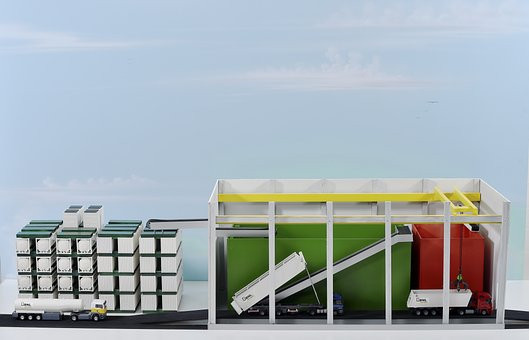South Africa Signs R10.7 Billion Loan Deals With France, Germany For Clean Fuel Shift

South Africa has signed loan agreements with France and Germany, totaling 600 million euros (R10.7 billion), to help the country move away from coal. The signing took place at the COP27 climate change conference in Egypt.
This is part of the initial $8.5 billion (R153 billion) that was pledged to SA by the International Partners Group (IPG) – the UK, US, France, Germany, and the EU.
The R10.7 billion in concessional loans that the country has secured are from France's development bank, Agence Française de Développment (AFD), and Germany's development bank, KfW. These loans are at better rates than what the country could secure on the open market.
South Africa's goal to begin using cleaner fuel specifications started in 2006. The main aim is to help the auto manufacturing industry domestically, which produces vehicles mainly for the European market.
The oil industry's response to the government's initiatives for cleaner fuels has been aggressive. Initially, the industry tried to blackmail the government by threatening to shut down production unless the government gave it funds to upgrade its refineries, without any ownership rights in return.
Another point to be noted is that South Africa's unemployment rate is among the highest in the world, and the Just Energy Transition threatens around 120,000 jobs - most of them in heavily unionized industries like mining and power generation.
Cyril Ramaphosa, the President of South Africa, established a landmark Climate Commission two years ago which increased the country's obligations under the Paris Climate Agreement.
Last November, at the COP26 gathering in Glasgow, the government struck a deal with the United States, Britain, France, Germany, and the European Union known as the Just Energy Transition Partnership (JETP).
The agreement was designed to provide $8.5 billion (R151 billion) in grants and affordable loans over the next five years to help South Africa retire its current aging coal plants, construct cleaner energy sources, and support the millions of people living in coal-dependent regions.
When speaking to South African delegates earlier in the week, Ramaphosa said that the Just Energy Transition Partnership (JETP), with the IPG, is a model which other developing countries, such as Indonesia, Vietnam, and India can use to create their deals.
"South Africa is leading the way once again, but this time we are saying it is going to be a 'just' transition that will not leave any of our people behind," he said.
Ramaphosa went on to say that a lesson other nations can learn from South Africa is the establishment of an institutional base - in the form of the Presidential Climate Change Commission.
© Copyright 2025 IBTimes ZA. All rights reserved.




















